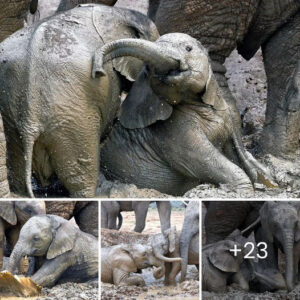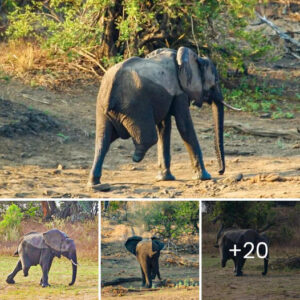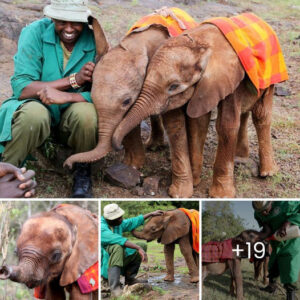Elephants, the beloved giants of the animal kingdom, have fascinated us with their immense size and serene demeanor.
One intriguing aspect that often piques curiosity is their eating habits, precisely whether they include meat in their diets.

Despite their formidable size, elephants are unequivocally herbivores, sustaining themselves exclusively on plant-based foods.
Their daily menu includes roots, leaves, twigs, bark, and fruits.

While they may inadvertently consume insects while grazing, these tiny creatures make up only a minimal fraction of their diet.
Understanding the fundamental distinction between elephants and carnivores like lions and tigers is crucial.
Unlike carnivores, which actively hunt and prey on other animals using sharp teeth and claws designed to capture and tear flesh, elephants are gentle giants relying on plants for sustenance. Their digestive systems are not adapted for efficiently breaking down meat.

In stark opposition, elephants strictly adhere to a herbivorous diet, avoiding meat consumption. They don’t engage in hunting for sustenance or scavenging for remains.
Elephants don’t neatly fit into categories like carnivores, omnivores, or vegetarians, but the term “herbivore” best captures their reliance on plant-based foods.
They display a diverse palate, indulging in leaves, shoots, twigs, fruits, flowers, and tree bark. These majestic creatures possess an insatiable appetite, effortlessly consuming up to 150 kilograms (330 pounds) of food daily.

A particularly remarkable feature of elephants is their unique ability to grind down tough plant fibers with their distinctive teeth.
They use their flexible trunks to carefully select and consume leaves, fruits, flowers, and twigs, while their tusks serve as tools for stripping bark from tree trunks.
Elephants’ physical characteristics and adaptation underscore their inherent herbivorous tendencies, lacking the traits necessary for hunting and tearing flesh.
While predatory behavior is sporadic among elephants, they may opportunistically consume meat during droughts or food scarcity.
It’s crucial to note that these occurrences are far from typical and should not be misconstrued as the norm for the species.
Read more Elephant News.





